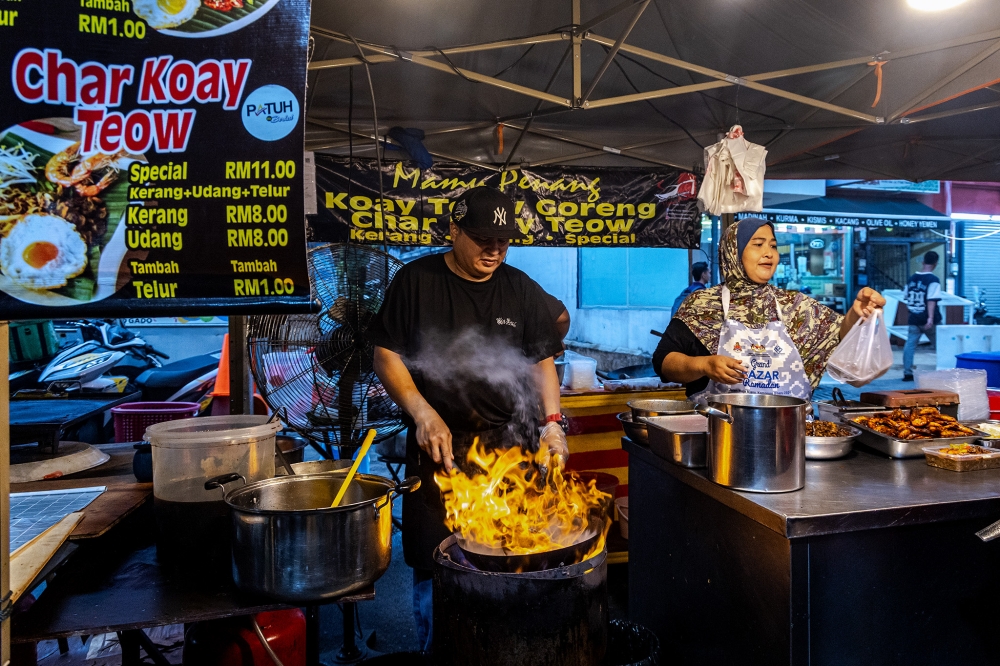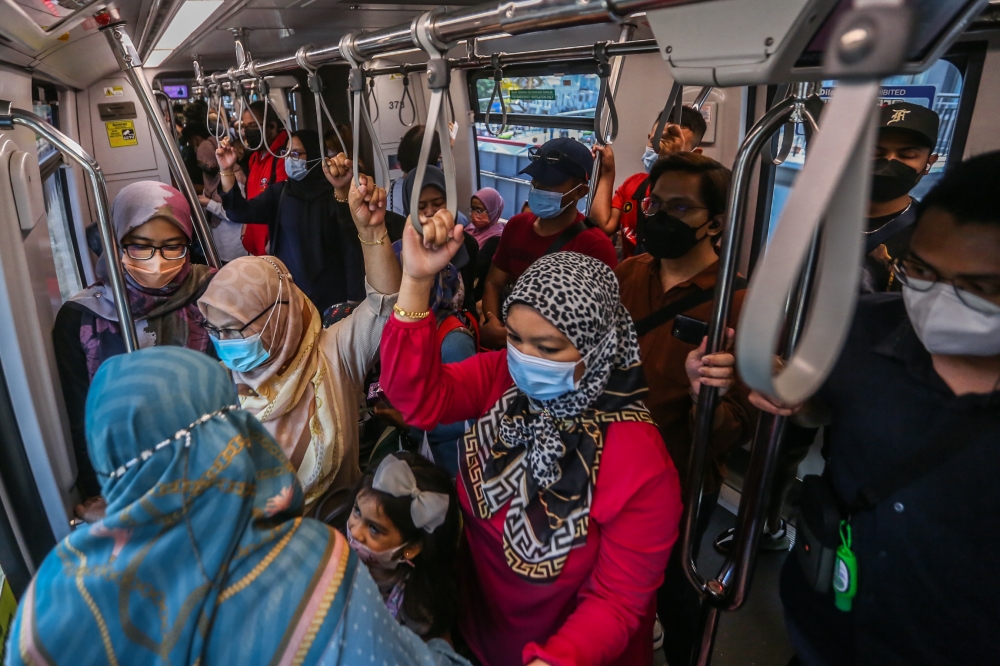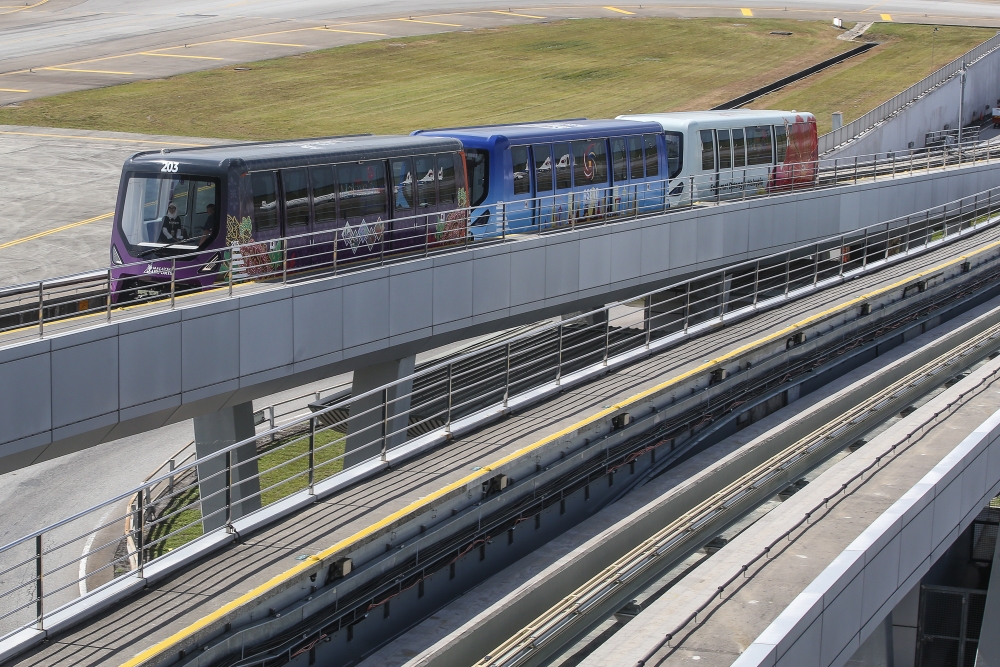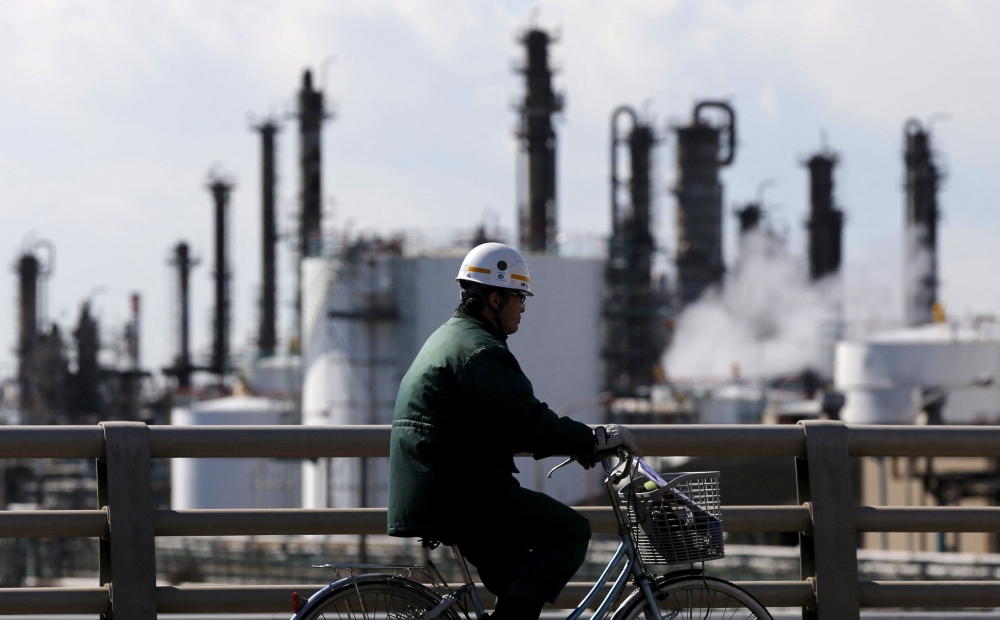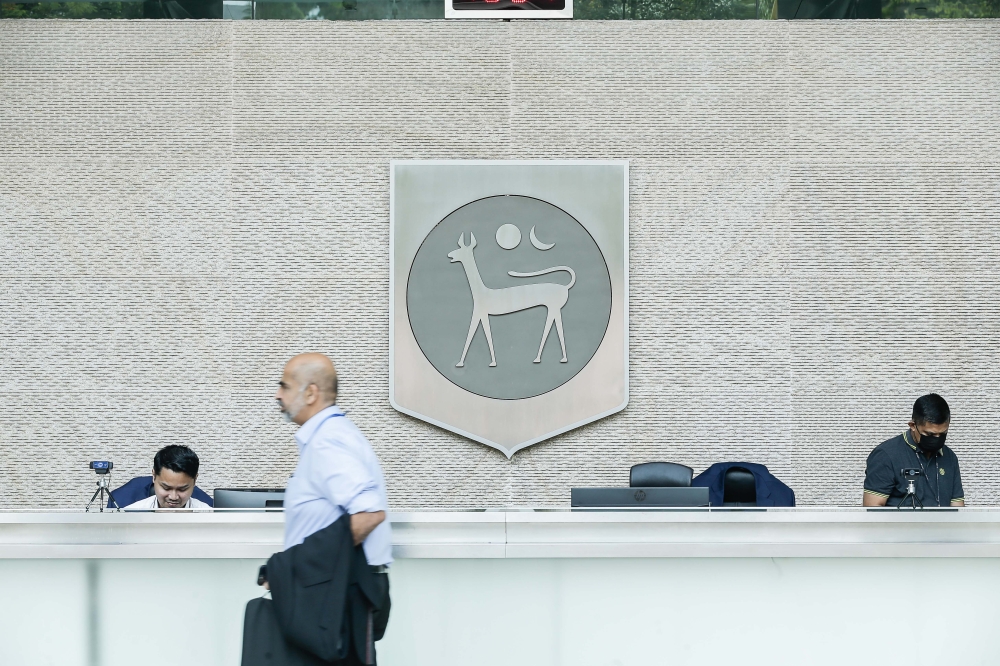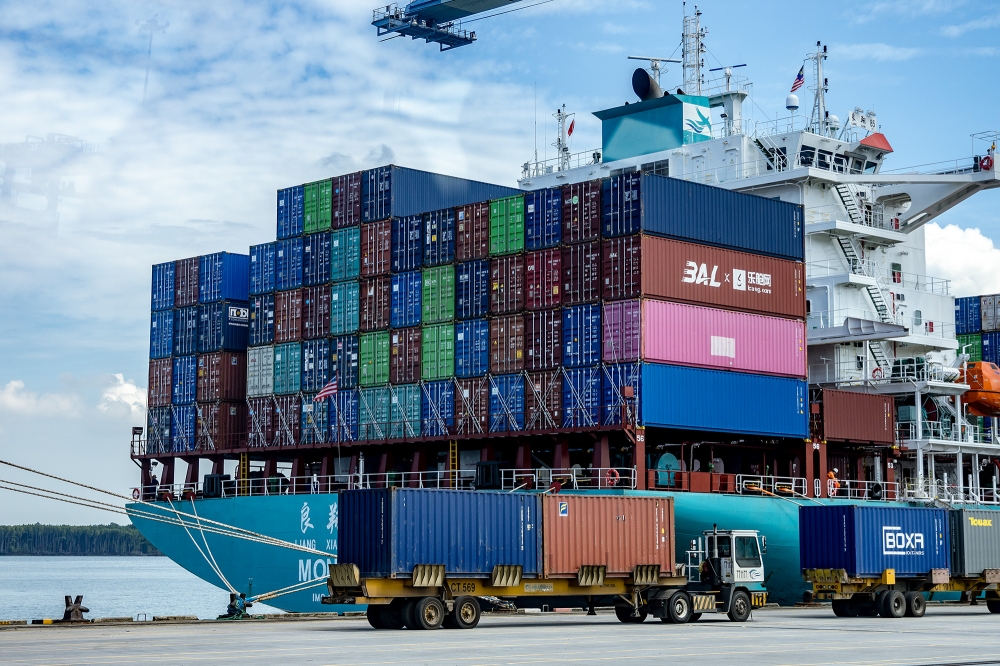TOKYO, March 14 — Japanese companies have agreed to raise wages by more than 5 per cent for a second year in a row this year, the country’s largest union umbrella group said on Friday.
The 5.46 per cent preliminary reading from Rengo, a 7 million member-strong group, tops both last year’s preliminary and final figures and is likely to mark the highest pay hike in 34 years.
It reflects broad agreement between policymakers, employers and unions that increased pay is necessary for workers to cope with sharply higher prices for food and other household necessities.
That argument has been strengthened by record corporate profits on the back of a weak yen and the need to retain staff amid labour shortages.
The number compares with last year’s preliminary reading of 5.28 per cent which was then revised down over several stages to 5.1 per cent. Final tallies are usually lower than preliminary figures as most agreements between smaller companies and their unions are factored in later.
Rengo’s member unions sought an average hike of 6.09 per cent this year, up from 5.85 per cent in 2024 and marking the first time in 32 years that they have asked for more than 6 per cent.
This year, Rengo has focused on achieving strong pay rises for smaller firms which typically struggle more than larger firms to pass on higher costs to customers.
Economists have not been overly optimistic that even substantial wage growth will be enough to spur consumers to spend more freely due to sharp rises in the cost of living.
Headline consumer inflation, including fresh food prices, hit 4.0 per cent in January, its highest level in two years. — Reuters


